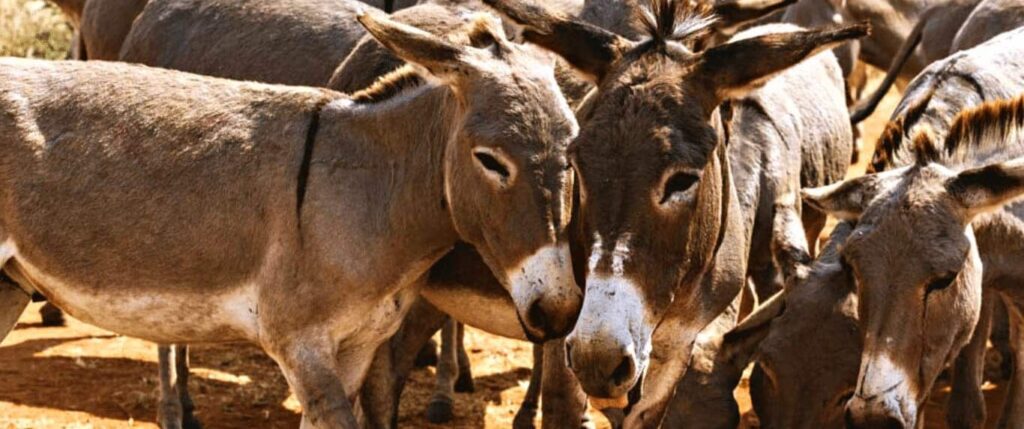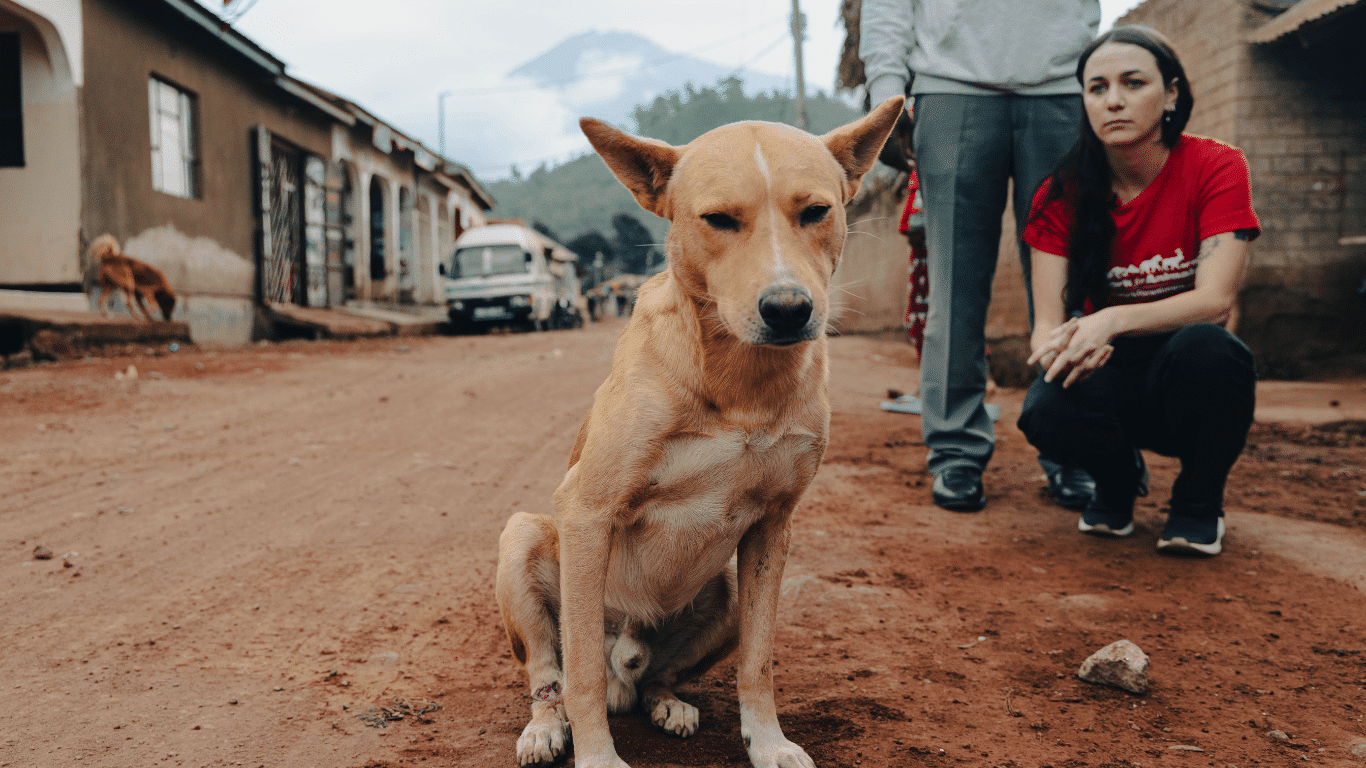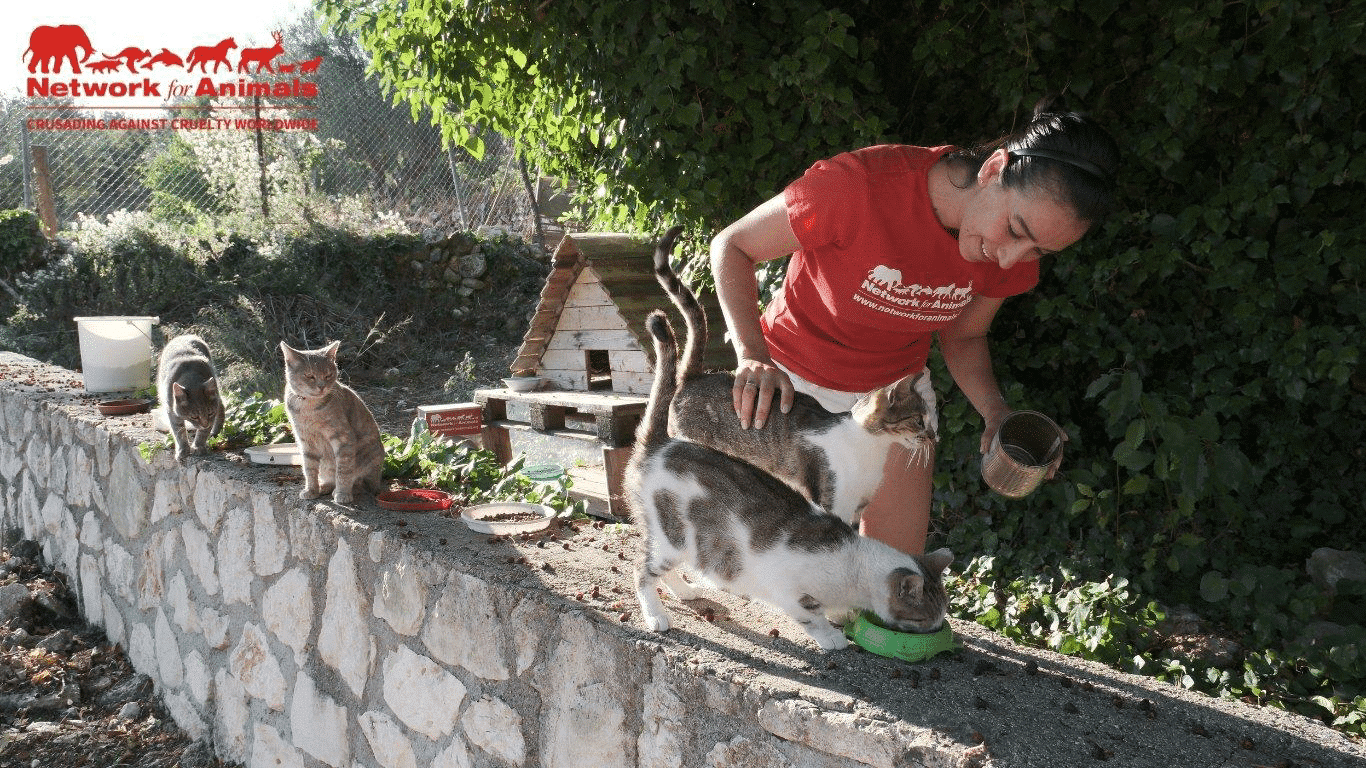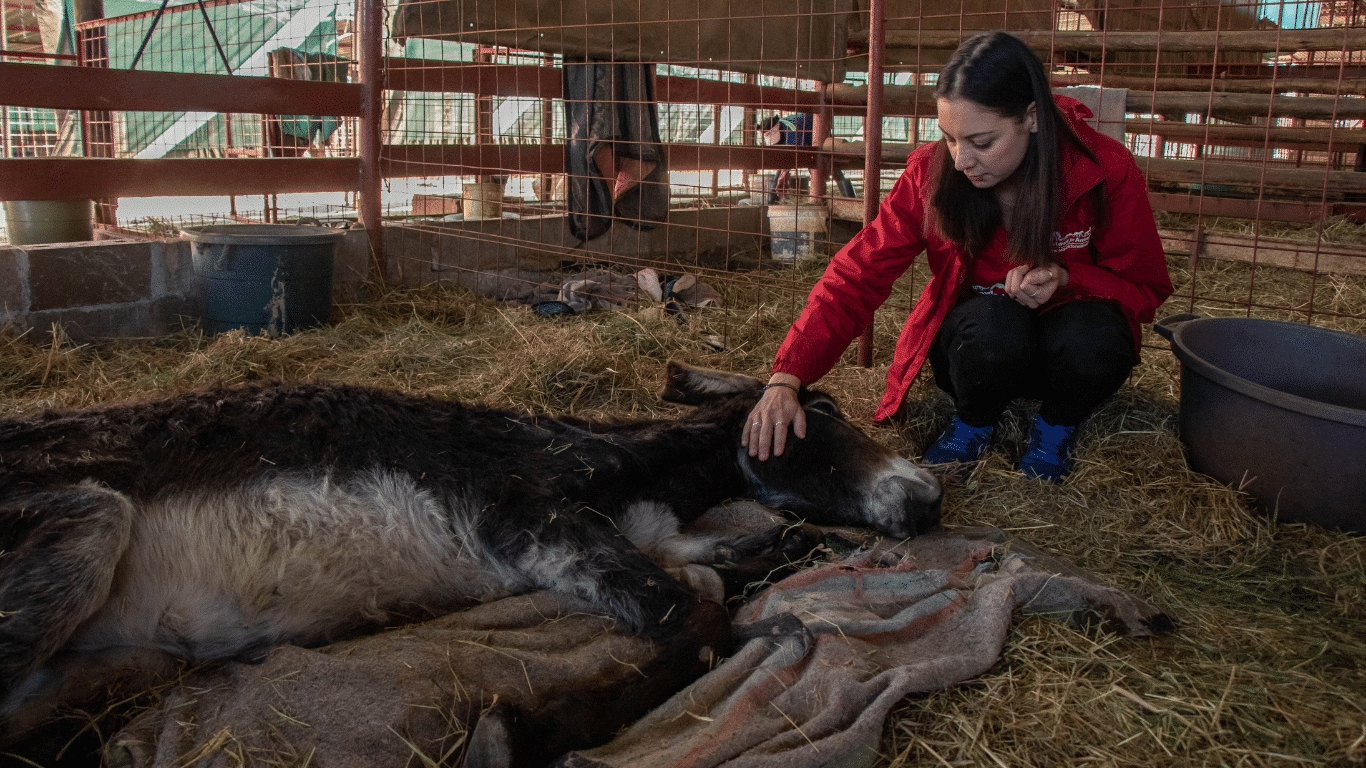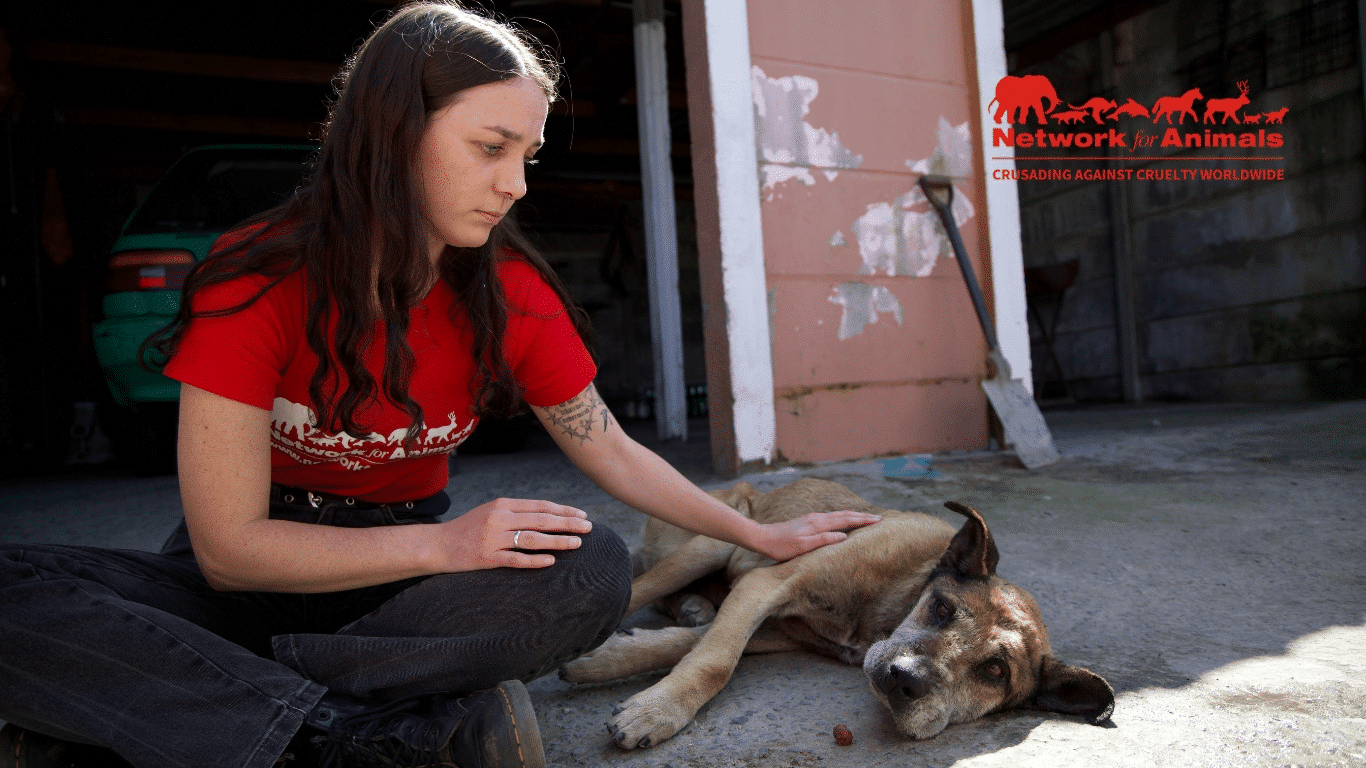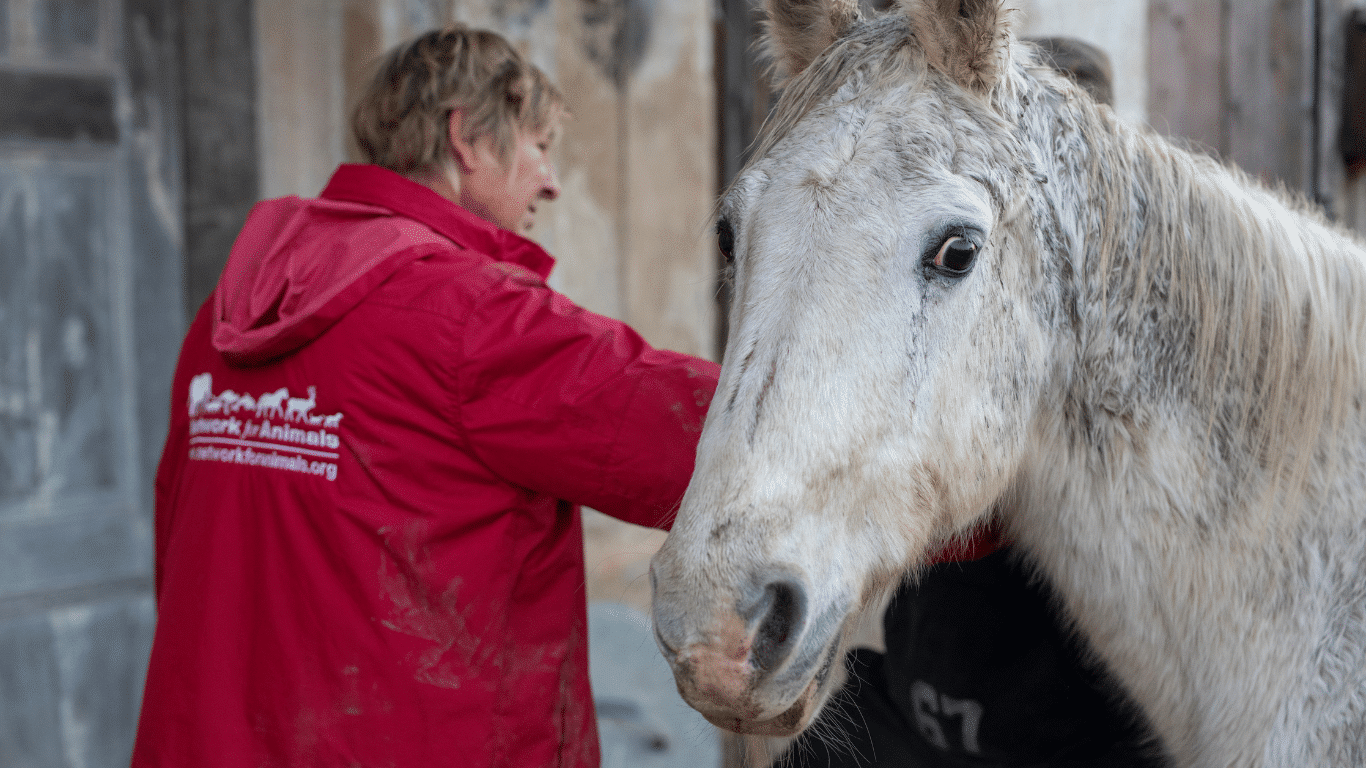The Kenyan government has closed a number of donkey slaughterhouses near the country’s border with Tanzania in a move that will undoubtedly save thousands of donkeys from the Chinese donkey skin trade.
Farmers told the Kenyan News Agency (KNA) that prior to the closure, they risked having their donkeys stolen in the middle of the night. They said no matter what they did to protect their animals, they would be snatched – but that since the closures, cases of theft have dramatically declined. They also say that the donkey population is beginning to recover, with numbers slowly increasing.
Donkeys are crucial to the lives – and livelihoods – of local people, who have to travel far distances to find water and reach markets. The donkeys are used to help transport food, water, and goods, and may also be used to transport children to school. At the time of the closure, it is reported that Kenya had four licensed donkey abattoirs, more than any other African country, which killed around 1,000 donkeys per day.
Locals say that while the donkey-meat slaughterhouses were operational, they would stay awake at night trying to nab those responsible for the thefts. At the peak of the crime wave, two or three cases would be dealt with every week, but those responsible would seldom be arrested.
Slaughterhouses still exist in Ethiopia, and thus donkeys close to these bordering countries remain at risk. Gangs steal the animals for Chinese manufacturers who use donkey skins to make ejiao (pronounced eh-gee-yow) from their skin, a gelatine used in beauty creams and traditional Chinese medicines that are popular in Asia and the Middle East. The rampant killing of donkeys for ejiao could see the entire donkey population wiped out in as little as five years.
David Barritt, executive director of international charity Network for Animals, says that his organization says the Kenyan banning of slaughterhouses is a major development in ending the trade. “Tanzania has just closed a slaughterhouse that was illegally killing thousands of donkeys a week and Zimbabwe has banned the trade completely. These are very positive steps.”
Barritt said he was concerned about the situation in South Africa where an illegal trade is thriving
and in Mali where gangs are stealing hundreds of donkeys at a time, then smuggling them into
neighboring Burkina Faso where they are quickly slaughtered and their skins exported to China.

